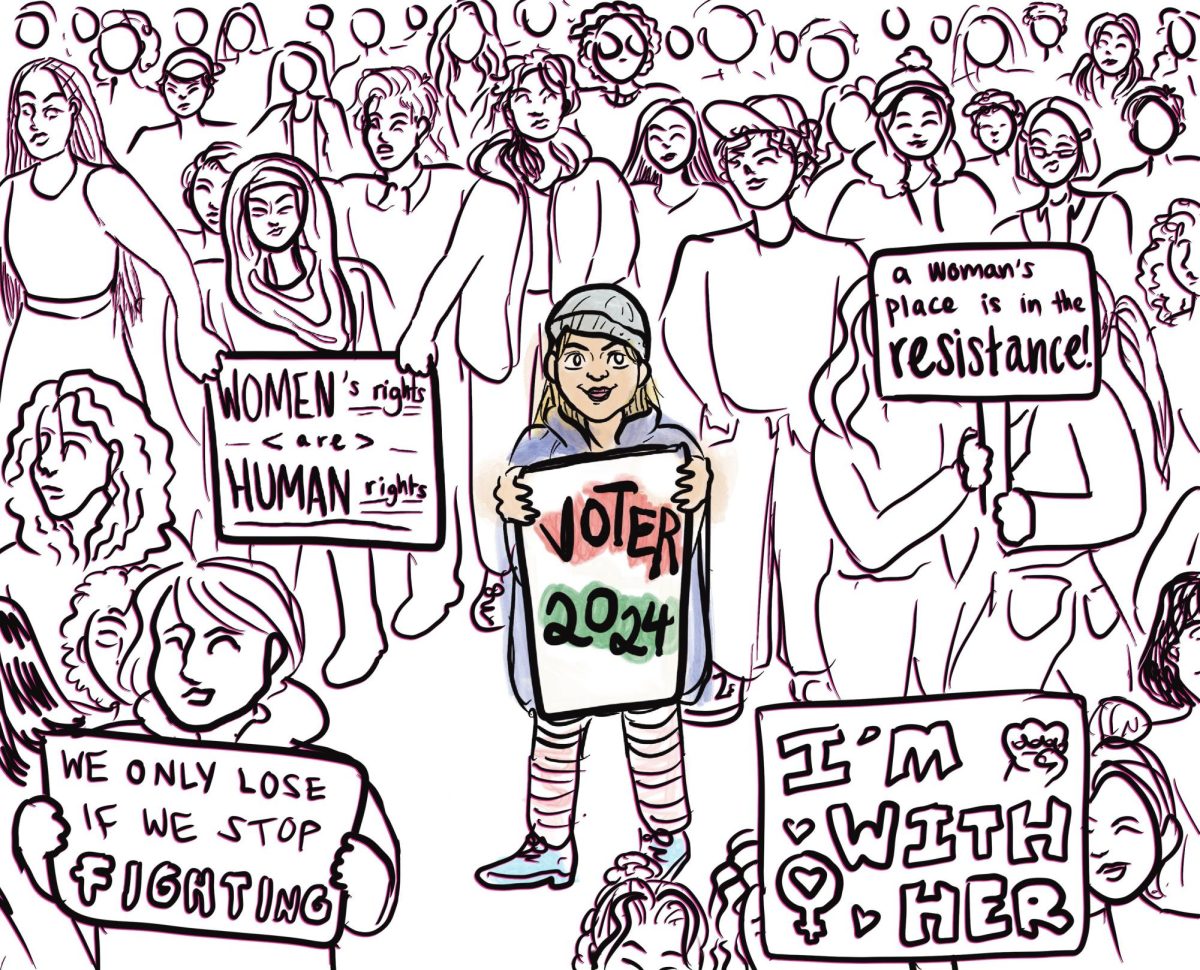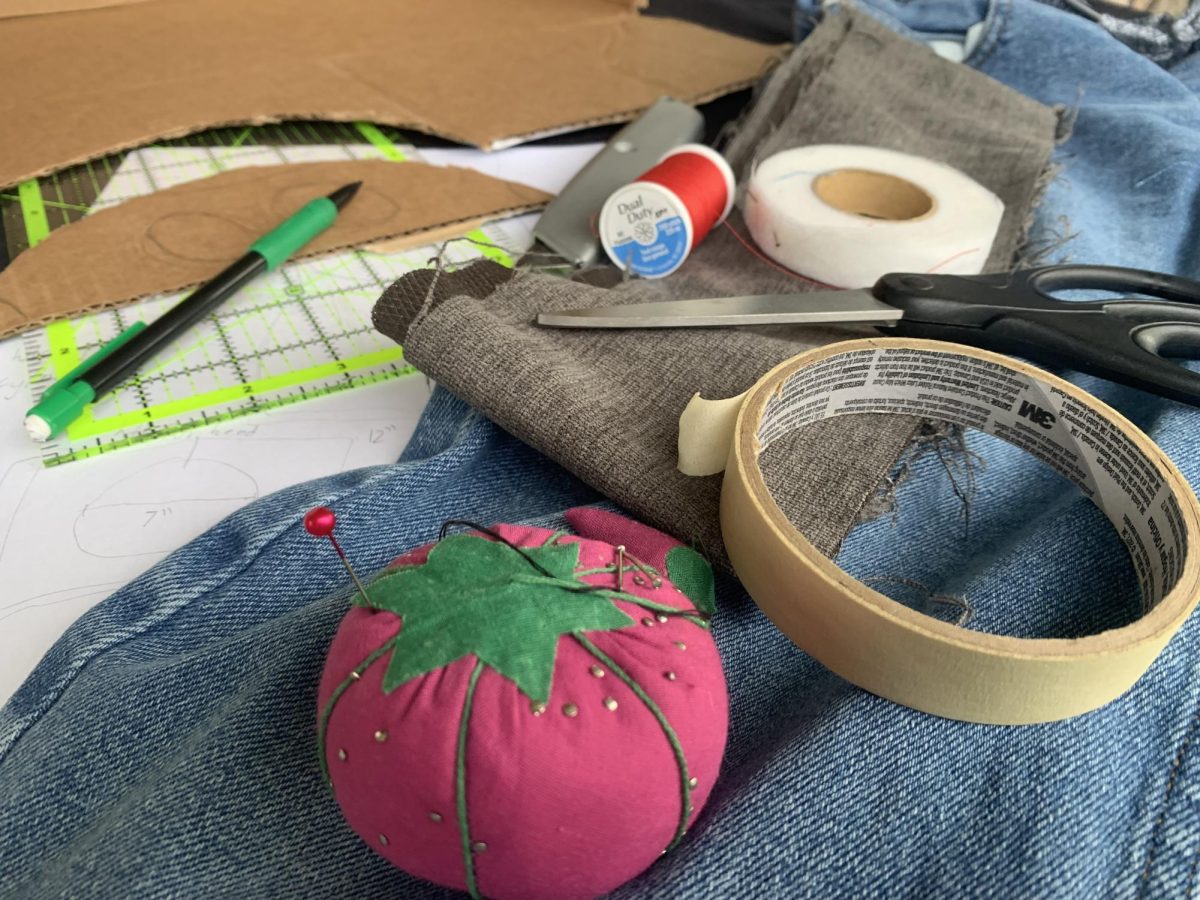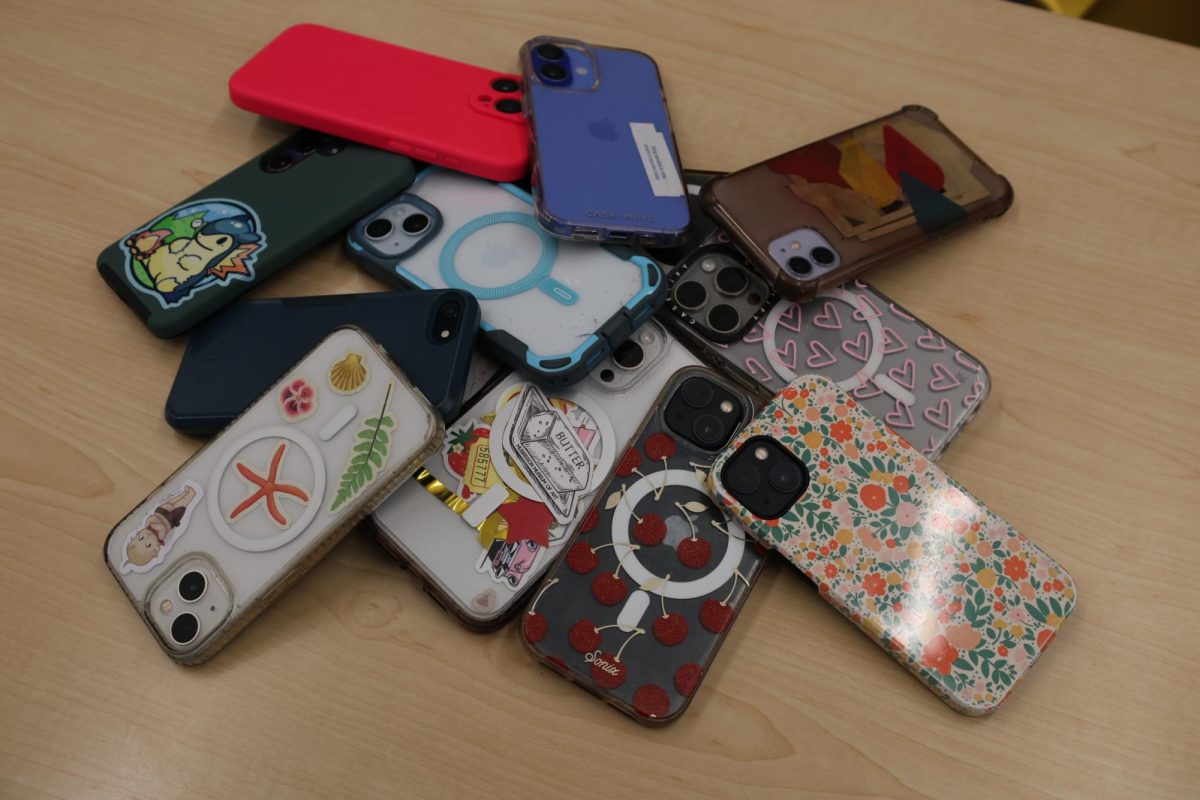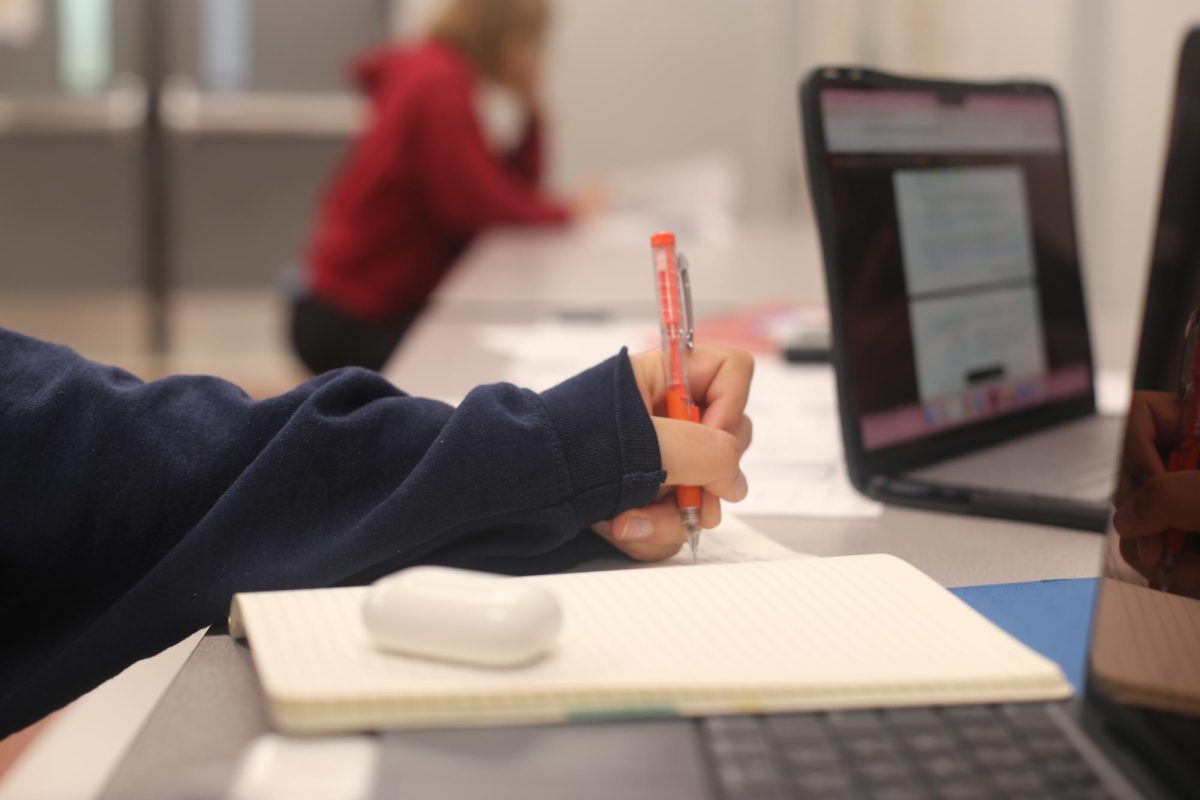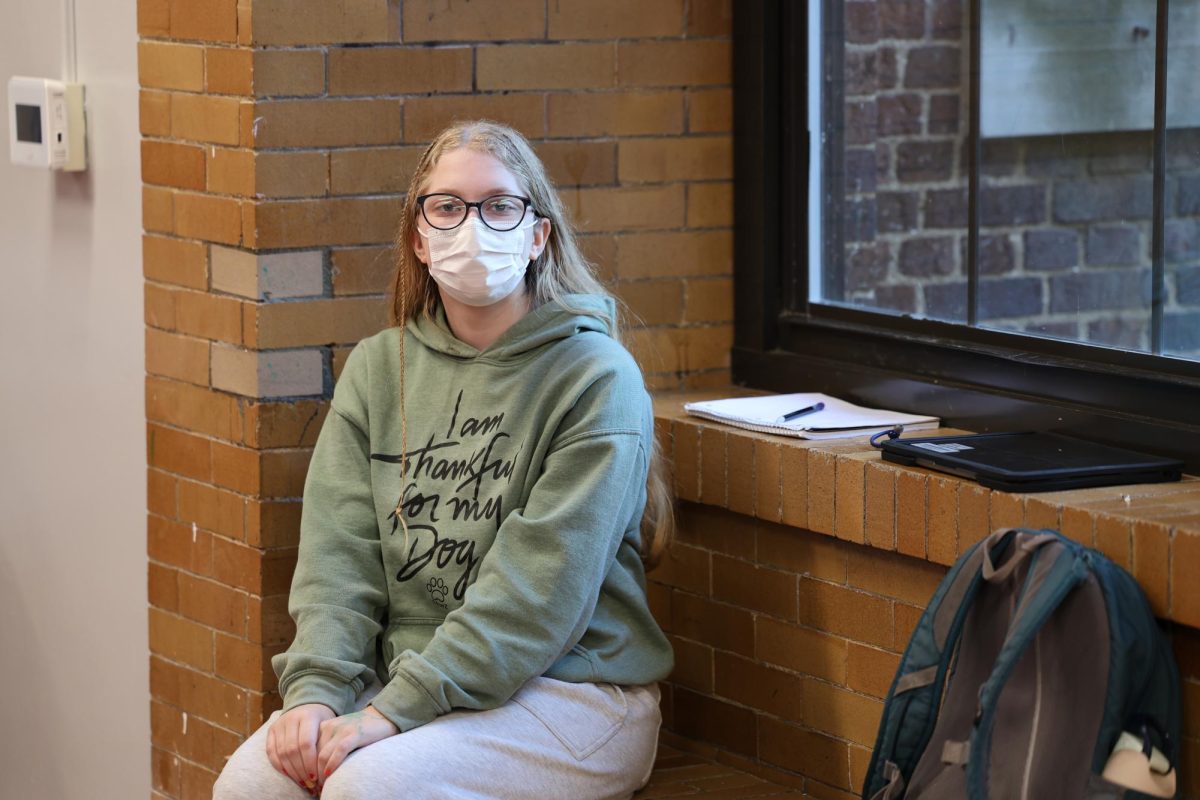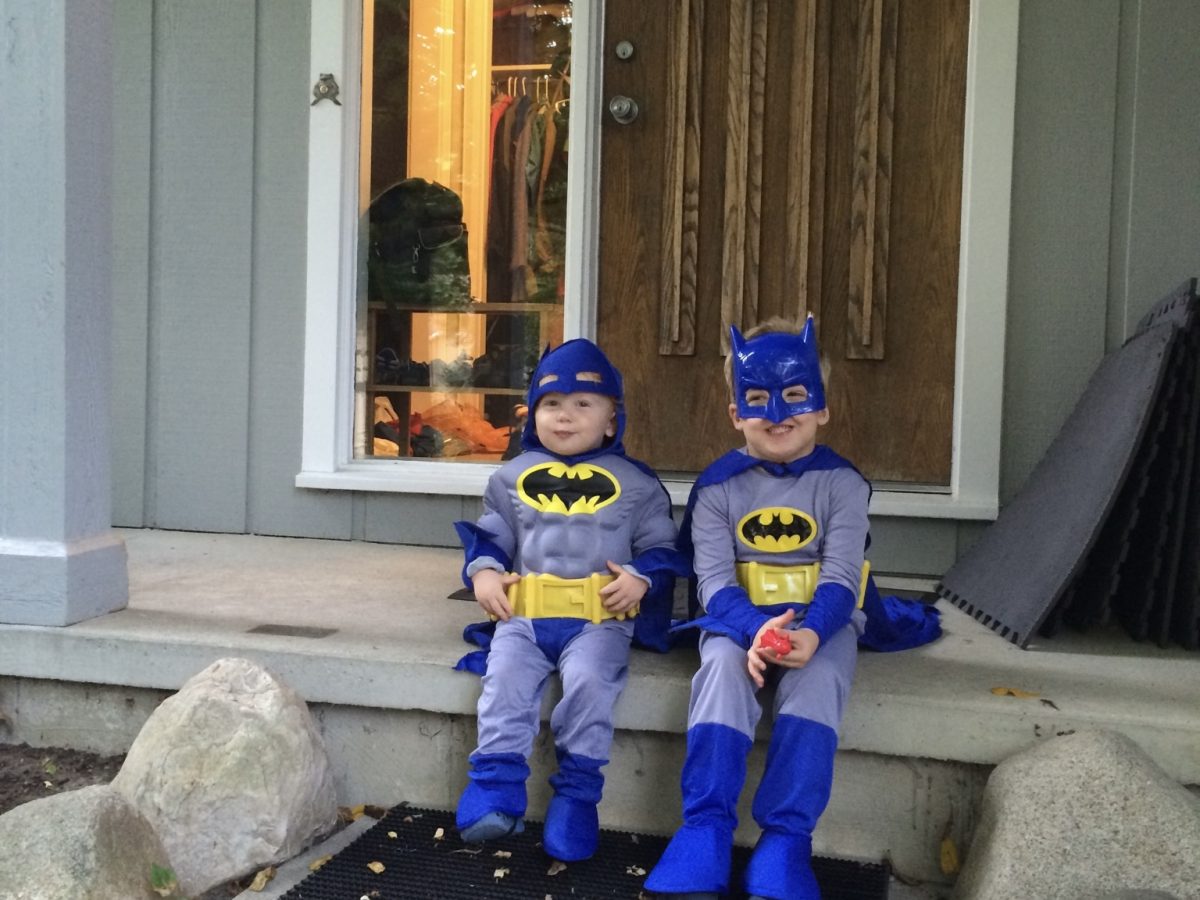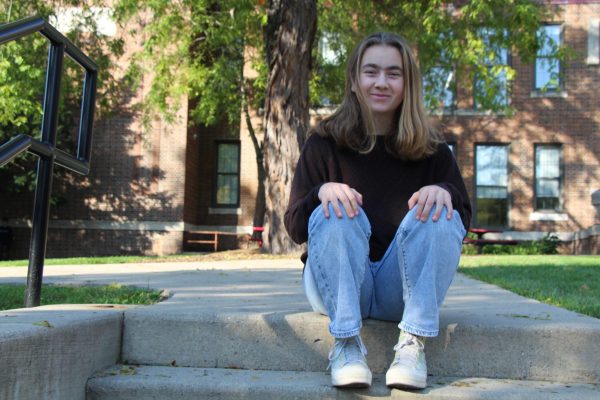I looked on in disappointment as my mom printed “Voter 2024” in pristine lettering on the poster board that was supposed to be all mine. The other side of the sign was bright orange, and on it I’d scrawled “CHEETO FACE” with a bold red X through the words. I much preferred its simplicity; my side of the poster board felt bold and brash and had no mention of my future or our country’s.
Nonetheless, I clutched that sign proudly as my family and I floated through a sea of hundreds of thousands of other protesters at the Women’s March in Washington D.C..
But of course, the future came. As an 18-year-old voter in 2024, “CHEETO FACE” (Donald Trump, of course) glared up at me as an option on the first ever ballot I filled out. And as the afternoon of election day’s afternoon progressed and the results of the 2024 presidential election rolled in, nausea surfaced in my stomach. On the drive home from soccer practice, I thought of the mass deportation that was likely on the way. I conceptualized the impending and far-reaching bans on basic healthcare as I packed my clothes for The Communicator’s trip to Philadelphia. And as I brushed my teeth before bed, I mourned the career I’d planned for myself as a USDA agroecologist.
But before the sun rose and before I’d gotten even two hours of quality sleep in, I found my tearstained self in the back of the car on the way to the Detroit Metropolitan Airport. As Tracy briefed us on travel itineraries and potential dinner plans, I moped behind my fellow Communicator journalists.
That afternoon, I broke down again as we sat in the audience watching a one-man show at the National Constitution Center. Alone in the spotlight, a single actor preached about our nation’s ideals of equality and democracy; he spoke about the fortitude of the United States’ unconquerable laws of the land, but I couldn’t shake the feeling that these supposedly indestructible truths were now in peril.
In the days and months that followed Nov. 5, I saw more dejection and fear than I’d seen 8 years earlier, but something big felt absent. That something was the will to fight. In the space that had once been occupied by solidarity and resistance, despondency ballooned.
Off the heels of Kamala Harris’s campaign that stood on the foundations of joy and progress, such a decisive loss was a slap in the face. Adding to salt to the wound, the Trump administration hit the ground running, overwhelming the media with threats — regardless of their feasibility.
Another catalyst behind today’s chaos is the fact that we’re living in an age of hyper-publicization. For the past five years, the word “unprecedented” has permeated the news and subsequently our vernacular to the point of becoming platitude. To grow up in an era that’s almost been deemed too alien to manage is a recipe for catastrophization, and catastrophization is a recipe for mass inaction.
Yet, as I and the people who surround me experience this all, I try and bring myself back to the Washington D.C. metrorail. I clutched a handrail like my life depended on it, but there was no need to; fellow marchers loomed above my fourth-grade-self, crowded so tightly around me that there was no chance I could fall. As we sped toward the center of our nation’s capitol, the train erupted intermittently with thundering cheers. Any intended message was unintelligible, but what mattered was the energy and passion being displayed even before the march had officially begun.
And sure, there was a demonstration this year in D.C., but it lacked significant participation and meaningful coverage. Just 25,000 protestors attended the People’s March on Jan. 18, 2025, compared to the 500,000 that took part in the Women’s March in the District of Columbia alone. That’s not to mention the 4.6 million nationwide and 400,000 more worldwide who marched on Jan. 21, 2017 too.
Contributing factors to those statistics abound, but it’s difficult not to be scared of what they mean. For the American people to stand down from defending human and civil rights would be catastrophic for so many.
Thus, it’s essential that we don’t let complacency get the best of us. A loss of an election is not synonymous with a loss of individual power. Strength lies in numbers and within ourselves.
It’s true that not everyone knows what it feels like to stand amongst a half a million people belting that “this land was made for you and me,” but it’s essential that we don’t forget the unity that was exhibited seven years ago and lives on somewhere — albeit somewhat buried — today.



